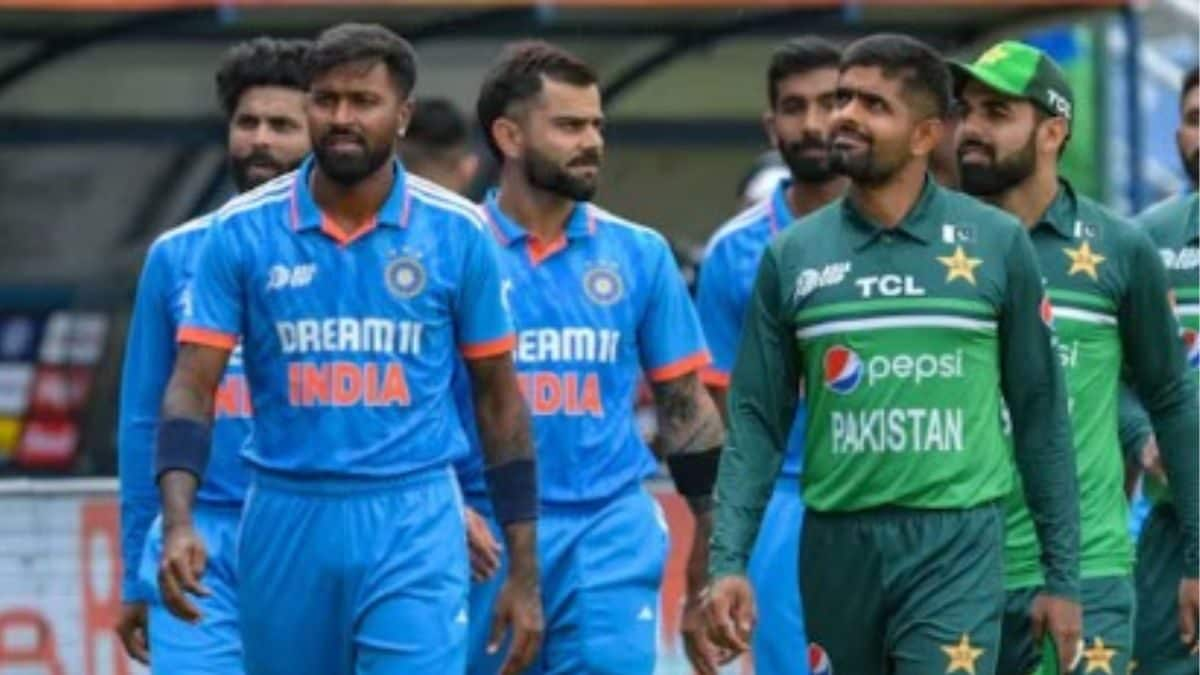 |
|
The recent agreement between the Pakistan Cricket Board (PCB) and the Board of Control for Cricket in India (BCCI) regarding the 2025 Champions Trophy has sparked considerable debate, particularly concerning the perceived advantage gained by the PCB. Former Pakistan captain Javed Miandad, a respected figure in Pakistani cricket, believes the PCB secured a superior outcome, leveraging the situation to its advantage. This deal, brokered through the International Cricket Council (ICC), stipulates that all India-Pakistan matches, including those in the 2025 Champions Trophy, will be held at neutral venues until 2027. This resolution follows weeks of impasse due to BCCI's reluctance to send its team to Pakistan citing security concerns. The PCB's strategic response involved a firm but calculated approach, ultimately resulting in a deal that benefits Pakistan significantly beyond the immediate resolution of the Champions Trophy venue issue.
Miandad's assertion that the PCB 'gained more' than the BCCI highlights the broader implications of the agreement. The PCB not only secured the neutral venue arrangement for the Champions Trophy, but also for all India-Pakistan men's matches in ICC events until 2027. This includes crucial fixtures such as the 2025 Women's Cricket World Cup in India and the 2026 T20 World Cup across India and Sri Lanka. Furthermore, the PCB successfully secured hosting rights for the 2028 Women's T20 World Cup. These combined concessions represent a significant win for the PCB, providing substantial opportunities to showcase Pakistani cricket and generate revenue, while also demonstrating the country's capabilities in hosting international sporting events. The strategic maneuver of demanding written reasons for the BCCI's security concerns, followed by escalating the matter to the ICC, showcases a determined and effective negotiating strategy.
The agreement underscores the complex political and security dynamics surrounding India-Pakistan cricket. The absence of bilateral series between the two nations since 2013 and the BCCI's unwillingness to send teams to Pakistan since the 2008 Mumbai attacks highlight the deep-seated tensions. While Pakistan participated in the men's ODI World Cup in India last year, the relocation of several matches, including all India games and the Asia Cup final to Sri Lanka, resulted in substantial revenue loss for the PCB. This previous experience served as a significant factor influencing the PCB's negotiating position in the current Champions Trophy dispute. The neutral venue solution can be viewed as a compromise that addresses India's security concerns while granting Pakistan valuable opportunities to enhance its international standing and revenue streams. The long-term impact of this agreement will depend on the successful implementation of the neutral venue arrangement and its influence on future bilateral series discussions.
The strategic implications of the agreement extend beyond the immediate cricketing context. The PCB's success in securing these concessions can be seen as a demonstration of diplomatic prowess and a strategic victory on the international stage. By adopting a measured and assertive approach, the PCB was able to leverage the importance of the India-Pakistan rivalry to secure favorable outcomes. This demonstrates a sophisticated understanding of the international cricketing landscape and the political complexities surrounding the sport. This calculated approach will likely set a precedent for future negotiations and collaborations between the two cricketing boards, potentially paving the way for improved relationships and the resumption of bilateral series in the future, albeit likely still requiring neutral venues for the foreseeable future.
In conclusion, the agreement regarding the 2025 Champions Trophy and subsequent India-Pakistan matches represents a strategic victory for the PCB. Javed Miandad's assessment that the PCB gained more than the BCCI reflects the multifaceted benefits secured, ranging from neutral venues for crucial matches to hosting rights for future events. This success underscores the importance of strategic planning and decisive action in international sports diplomacy and highlights the enduring complexities surrounding the relationship between Indian and Pakistani cricket. The long-term impact of this agreement remains to be seen, but it undeniably marks a significant turning point in the dynamics between the two cricketing powerhouses. The success of the PCB in this negotiation serves as a model for effective diplomatic maneuvering within the international sporting arena, demonstrating the power of strategic positioning and firm negotiation in securing favorable outcomes.
Source: 'PCB Has Gained More Than BCCI': Pakistan Legend On 2025 Champions Trophy Hybrid Model Solution
